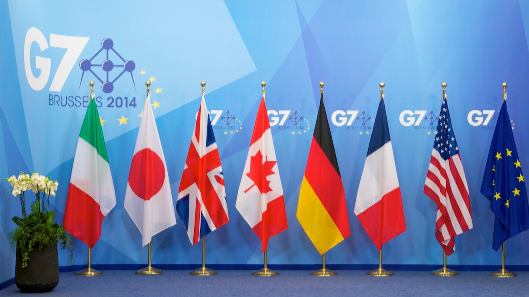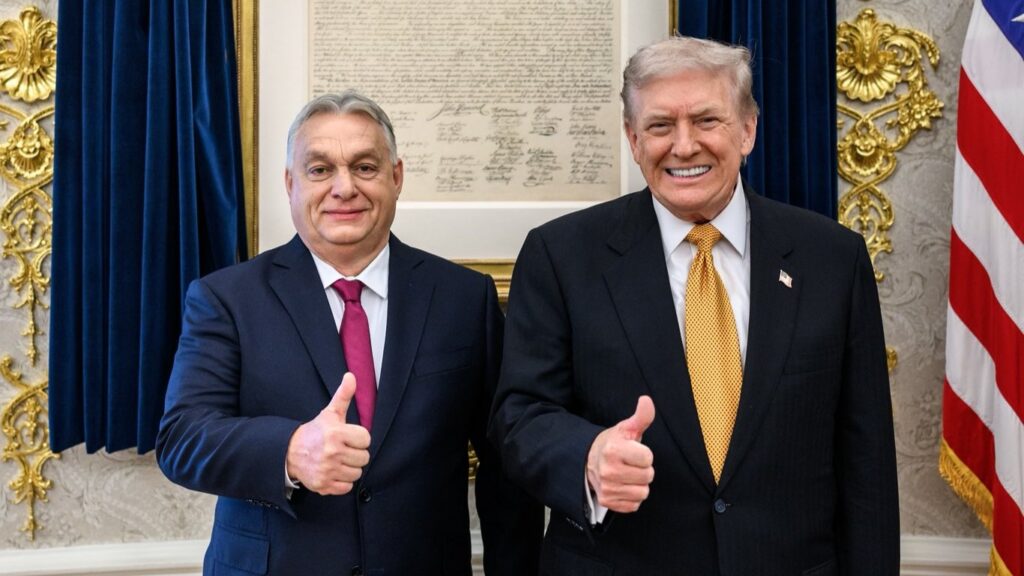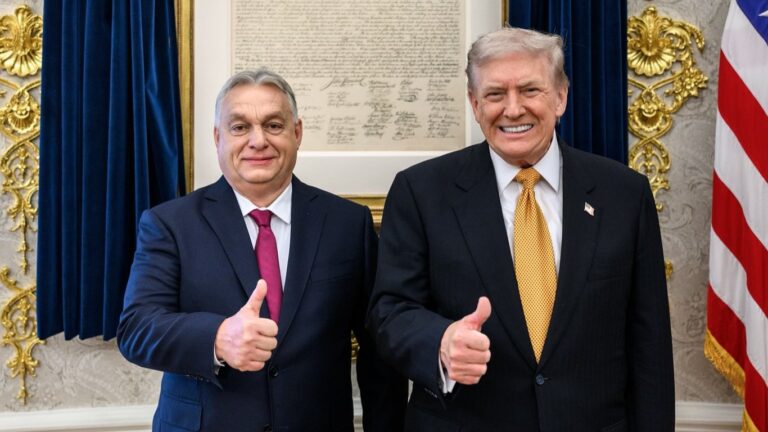The following is a translation of an article written by Réka Zsuzsánna Máthé, a research fellow at the Europe Strategy Institute of the University of Public Service, originally published on the Five Minutes Europe blog of Ludovika.hu.
The G7 summit, held on Monday and Tuesday, was marked by sharp internal tensions among the leaders, resulting in a less productive meeting than expected.
The 51st summit of the G7 countries was held in Canada, with representatives from the United States, the United Kingdom, France, Japan, Canada, Germany, Italy, and the European Union in attendance. The organizers have also invited leaders from other countries, among whom those of Australia, Brazil, South Africa, South Korea, India, Mexico, and Ukraine have accepted the invitation. Besides, NATO, the World Bank, and the United Nations are also traditionally present. The leaders of the United Arab Emirates and Saudi Arabia, representing the Muslim world, declined the invitation, while the president of Indonesia is attending high-level meetings in Singapore and Russia.
The programme of the summit was organized around three broad themes: protecting communities and the world, ensuring energy security, and accelerating the digital transition. In addition, securing future partnerships have also played an important role, with a particular focus on encouraging private investment. An interesting element of the discussions is that Canada has also put improving joint responses to wildfires on the agenda. The war in Ukraine is a separate agenda item, but inevitably, the recent outbreak of war between Israel and Iran was also to be discussed.
‘It is unlikely that this will be one of those meetings where significant policies are adopted’
The mood of the meeting was fraught with tension, much of it related to President Donald Trump’s actions—for example, the tariffs he has imposed affect all participants, and his differing position on the Russo–Ukrainian war is at odds with that of most participants. What is more, President Trump called it a mistake to remove Russia from the group in 2014 and would not rule out China joining either. Furthermore, his sharp statements about neighbouring Canada and Mexico and his plans for Greenland also created tension among the participants.
President Trump’s reluctance towards multilateral agreements and international organizations is nothing new: in 2018, after a heated debate, he left the summit early and did not support the joint statement. It is therefore no surprise that the Canadian prime minister, acting as host, sought to appease the US president and emphasize the leading role of the US.
The decisions of the G7 group usually have a significant impact on global trade and commercial traffic, which promotes economic growth. Overall, these meetings influence policies that can lead to more coherent and effective global economic cooperation. However, in light of the tensions listed above, it is unlikely that this was one of those meetings where significant policies were adopted.
Related articles:
Click here to read the original article.







